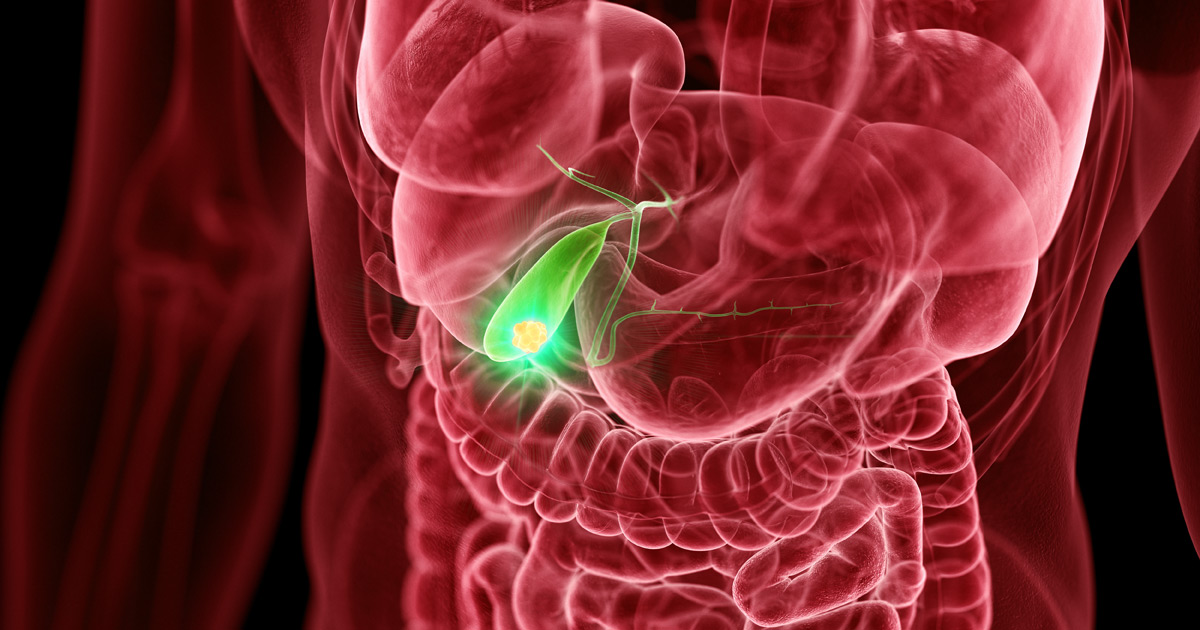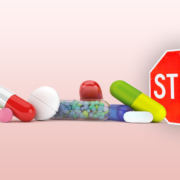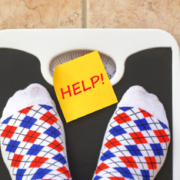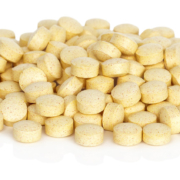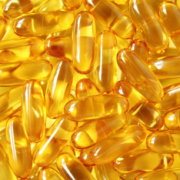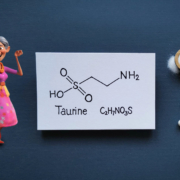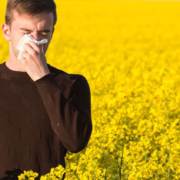Exploding Gallbladders: Just the Facts
Let’s take a look at the actual case study on the exploding gallbladder and figure out what’s relevant and what’s conjecture—by all parties.
The Case Study
The paper was the result of a close examination of the medical information gathered when a 69-year-old man went to the emergency room at SUNY Brooklyn Medical Center with a perforated gallbladder. There were three parts to the paper:
- The introduction focused on curcumin and its potential for causing issues in people with gallbladder disease.
- The second described the treatment plan for the patient, mostly antibiotics and pain relievers.
- Finally, a review laid the groundwork for why curcumin caused the perforation in the gallbladder.
The reason? Curcumin may increase the strength of the contractions in the gallbladder duct as it moves bile. A large stone was blocking the duct, so curcumin caused the pressure to buildup in the gallbladder and boom: explosion! Well, perforation, but you get the idea.
The Problem
There was no evidence to show that curcumin directly contributed to the gallbladder issues. What was also in the case study but not considered was that the patient had a history of gallstones. He was also taking five medications for hypertension, high cholesterol, and an enlarged prostate.
The writers of the case study were a medical student and a nephrologist (a kidney specialist). Based on published information, neither was an expert in the digestive system. It appears to have been conjecture on their part as to the cause of the gallbladder perforation. The comments on food and supplement oversight, while referenced, did not demonstrate any understanding of the FDA’s oversight of food and supplements; they’re not controlled as pharmaceuticals are, but both the FDA and FTC have control over the claims they can make. The amount of curcumin used by the patient was within the standard range for use of the supplement.
The Bottom Line
I can’t fault the writer for the Daily Mail; writers sometimes tend toward the sensational, and an exploding gallbladder is a perfect fit. The physicians and the article reviewers should have realized the faults in the analysis. Could a gallbladder explosion have been possible? Yes, but without accounting for the current status of the patient’s disease and considering pharmaceutical interactions of the meds the patient was taking, they used the “Ready, Fire, Aim” approach to assess what might have happened. We might expect that from reporters with no health background but not from medical professionals.
They were right about one thing. More research on interactions between food, herbs, and pharmaceuticals is necessary—but that isn’t news.
What are you prepared to do today?
Dr. Chet
References:
1. http://bit.ly/3KikdPv
2. American Journal of Medical Case Reports, 2022, Vol. 10, No. 12, 311-313

